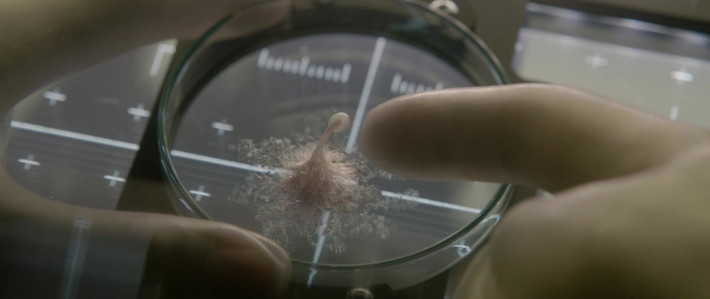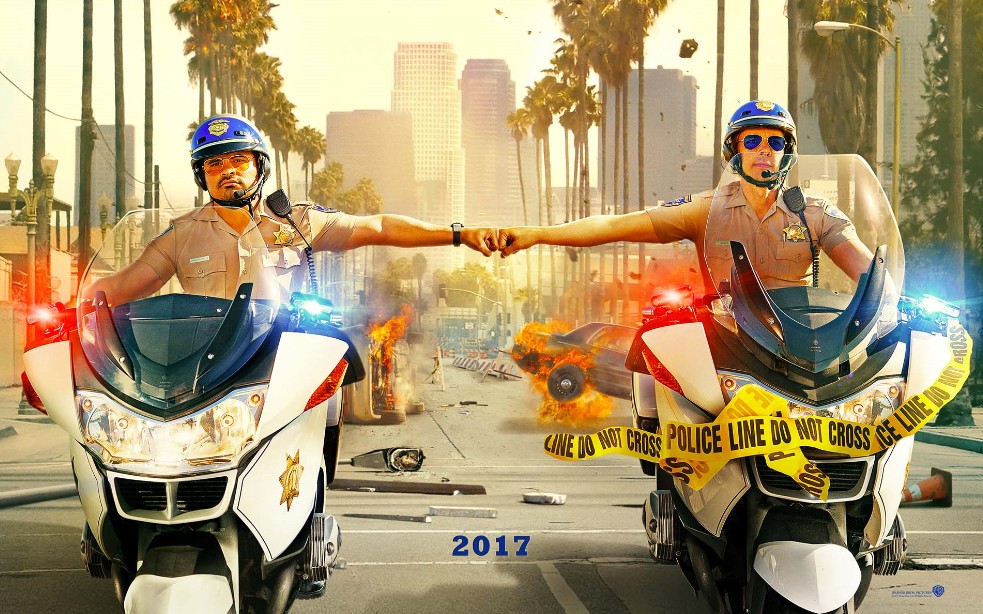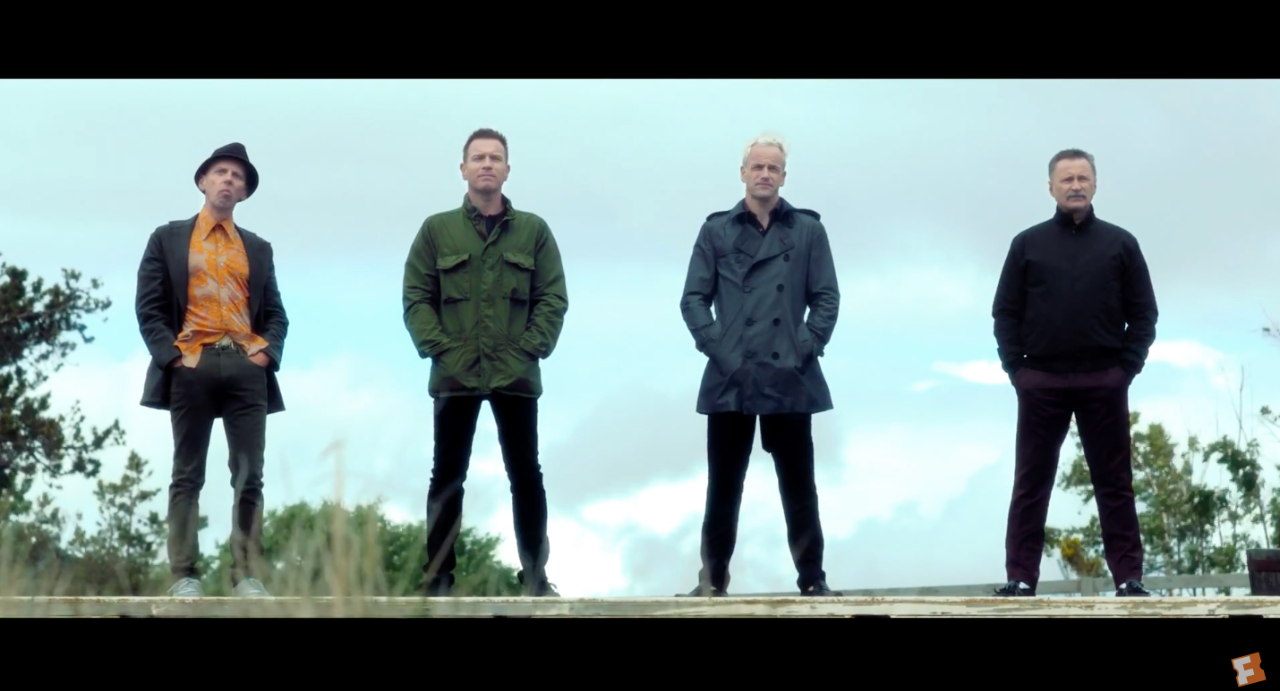Queen of the Desert
by Hope Madden
How many period romances set against the crumbling of the Ottoman empire must I endure in one month?
Current tally: 2, and Werner Herzog’s Queen of the Desert is the least endurable.
I had been cautiously optimistic about Herzog’s biopic on Gertrude Bell. Nicole Kidman (rarely a bad idea) stars as Bell, a British writer/traveler/scientist/spy who helped shape British policy on the Middle East.
Herzog + Kidman = reason for optimism.
Unfortunately, that math doesn’t really work out.
I’m not going to lie, I had no idea who Gertrude Bell was before I saw this film. Ten seconds on google and I found out that she was an absolutely fascinating human being. It’s crazy. She explored everywhere, climbed everything, learned new languages, informed culture and politics, wrote about all of it, had torrid affairs, never married, and determined the boundaries of modern day Iraq. All in the early 1900s.
That should have been a hell of a movie.
Unfortunately, director Herzog cannot tell this woman’s wildly unconventional story without framing her in the most conventional way possible. She exists exclusively in terms of her relationships – or the absence of a relationship – with men.
We’ll lay that at the foot of Herzog the director, but this God-awful dialog? That’s on Herzog the writer.
Kidman, almost tragic in her earnest commitment to this part, manages to wrestle Herzog’s humorless and hackneyed prose into submission. But Lord, James Franco cannot.
The plotting is no better than the concept or dialog.
Scene after needless scene shows Kidman in the office of one man or another, announcing her plans to do something they don’t need to know about, only to suffer their indignant rebuffs. She responds with obstinate will. Cut to Kidman doing whatever it was those men told her she couldn’t do.
Repeat ad nauseum.
This woman hand-drew the border between Iraq and Jordan – in a time when women couldn’t vote in England. That alone could be unpacked and considered from about 30 different perspectives. There are so many things worth knowing about Gertrude Bell, but all I really learned from Queen of the Desert is that she was, “a woman without her man.”
That’s a real line of dialog. Good God.
https://www.youtube.com/watch?v=zdGKbxJHPkk









